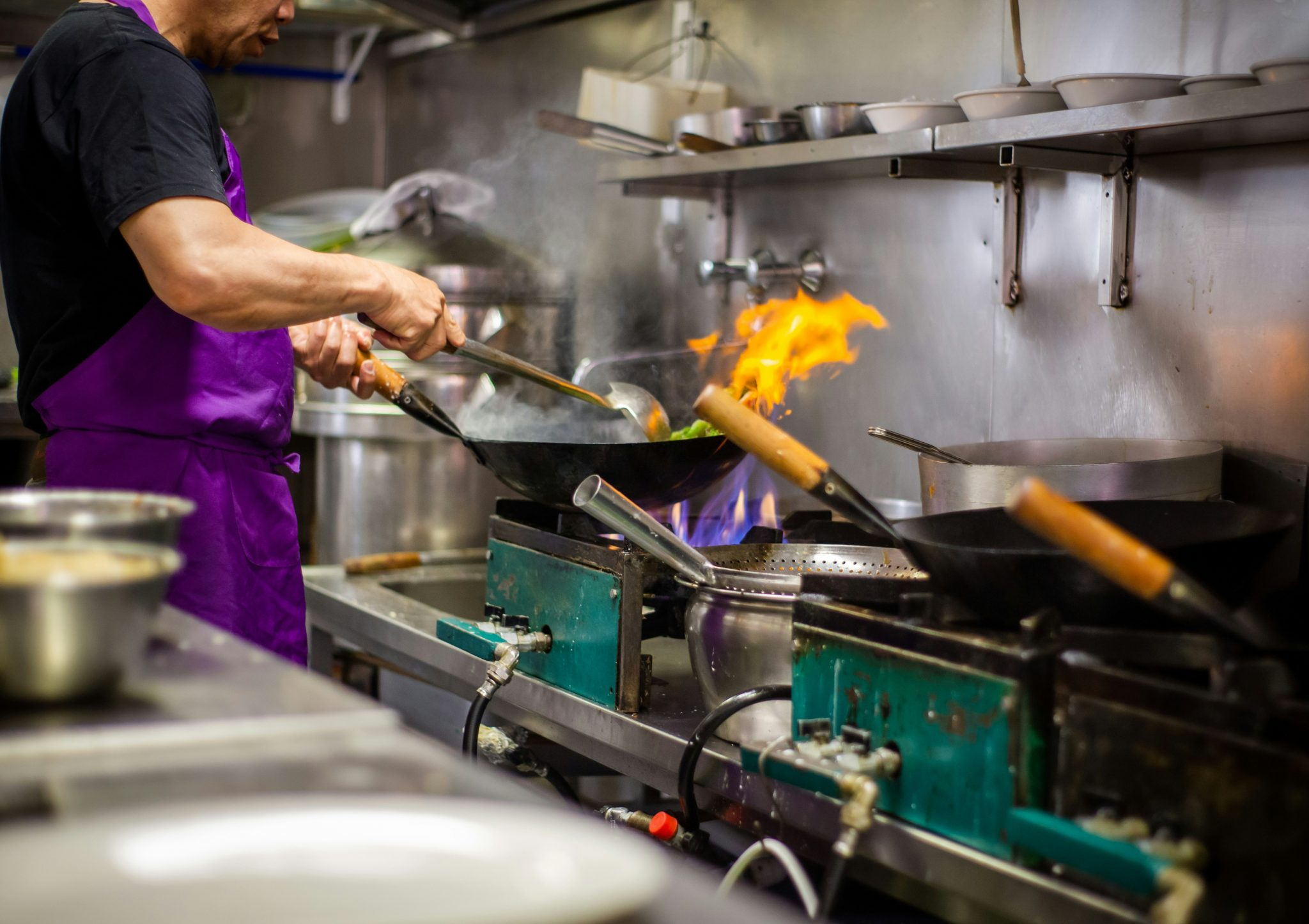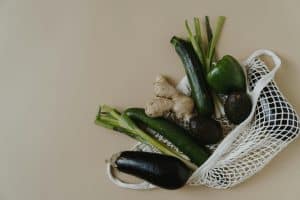Cooking Class Certification: Professional Credentials for Culinary Educators
If you have a passion for food and cooking, then teaching culinary classes can be a gratifying career choice. However, with so many cooking classes and workshops popping up, it can be challenging to stand out from the competition. This is where a cooking class certification can give you the professional edge you need. Not only will it enhance your credibility and marketability, but it will also equip you with the necessary skills and knowledge to become a successful culinary educator. In this article, we will delve into the significance of cooking class certification and the various professional credentials available for culinary educators.
The Importance of Cooking Class Certification
While teaching may come naturally to some people, having a formal certification can make a world of difference in how you approach your classes. First and foremost, certification adds credibility to your resume and serves as evidence of your expertise and qualifications. This is especially crucial in an industry as competitive as the culinary world, where customers are increasingly looking for experienced and trained professionals.
In addition, obtaining a cooking class certification means that you have undergone rigorous training, which equips you with the necessary teaching skills. This includes methods for engaging students, designing lesson plans, and evaluating their progress. Not only will this result in a more structured and organized approach to your classes, but it will also help you keep up with the latest teaching techniques and strategies.
Types of Cooking Class Certifications
1. American Culinary Federation (ACF)
The ACF offers two types of certifications for culinary educators – Certified Secondary Culinary Educator (CSCE) and Certified Secondary Culinary Educator – Provisional (CSCE-P). These certifications are specifically designed for those teaching culinary arts at high schools, vocational schools, and community colleges. The certification process includes a written exam, a practical exam, and an evaluation of your portfolio and teaching experience.
2. National Restaurant Association Educational Foundation (NRAEF)
The NRAEF offers a Certified Secondary Foodservice Educator (CSFE) certification for educators who are teaching foodservice management or culinary arts at a high school level or above. This certification is particularly beneficial for those looking to advance their careers in the foodservice industry as it encompasses both culinary and management skills. To be eligible for the certification, candidates must pass a written exam, a practical exam, and submit a portfolio showcasing their teaching experience.
3. American Personal & Private Chef Association (APPCA)
For those teaching cooking classes on a freelance or private basis, the APPCA offers a Certified Personal Chef (CPC) certification. This certification is open to anyone with at least one year of cooking experience and includes a written exam, a practical exam, and an evaluation of your business ethics and protocols.
Benefits of Professional Credentials for Culinary Educators
Aside from enhancing your credibility and expanding your career opportunities, obtaining a cooking class certification also comes with numerous other benefits. These include:
1. Confidence
Having a certification not only gives you the knowledge and skills to teach effectively, but it also gives you the confidence to do so. Knowing that you have the necessary credentials and training to back you up can help you overcome any nerves and deliver your classes with poise and assurance.
2. Networking opportunities
Through certification programs, you will get the chance to connect and collaborate with other culinary educators, chefs, and industry professionals. This networking can lead to new job opportunities, collaborations, and learning from others in the teaching field.
3. Keeping up with industry trends
Certification programs often require ongoing education to maintain your credentials. This means you will continuously be learning and staying updated with the latest industry trends, techniques, and practices.
4. Marketing advantage
Having a cooking class certification can serve as a marketing advantage for your classes. It shows potential students that you are not only passionate about teaching, but also committed to providing them with the best possible experience and education.
In conclusion, obtaining a cooking class certification can elevate your career as a culinary educator and set you apart from the competition. From increased credibility and marketability to ongoing learning opportunities, the benefits of professional credentials are endless. So if you’re looking to take your cooking classes to the next level, investing in a certification program is definitely worth considering.










